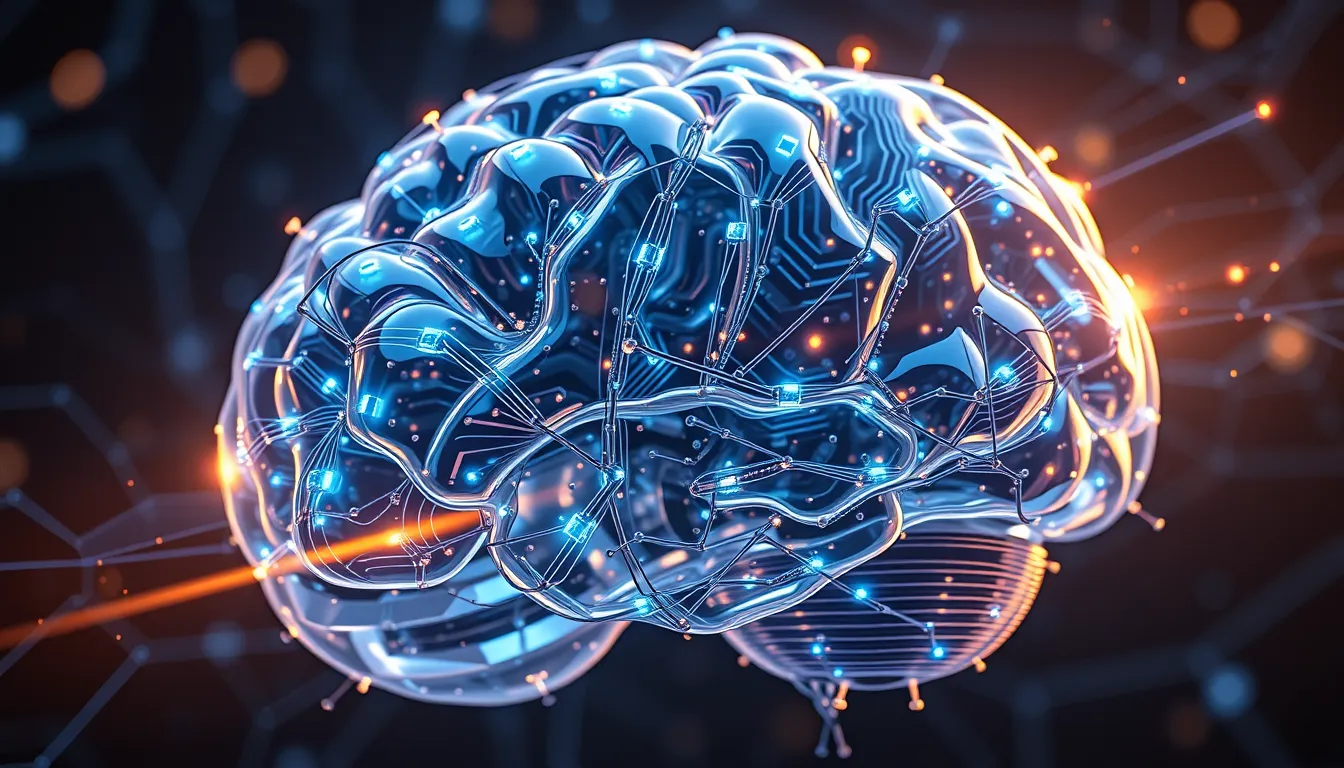Now Reading: Deep Cogito Hybrid Reasoning Models: Open Source AI at Its Best
-
01
Deep Cogito Hybrid Reasoning Models: Open Source AI at Its Best
Deep Cogito Hybrid Reasoning Models: Open Source AI at Its Best

Deep Cogito Hybrid Reasoning Models: Open Source AI at Its Best
Deep Cogito has once again raised the bar in the field of artificial intelligence with its innovative release of open source hybrid reasoning models. Built on a powerful blend of traditional algorithmic techniques and cutting-edge self-improving intuition, these models are set to revolutionize how machines learn and make decisions. In this article, we will explore how Deep Cogito hybrid reasoning models are reshaping AI innovation by integrating human-like learning with advanced computational logic.
Introduction to Deep Cogito Hybrid Reasoning Models
Deep Cogito hybrid reasoning models represent a breakthrough in open source AI. By merging symbolic logic with data-driven approaches, these models can analyze, predict, and adapt to complex scenarios. The hallmark of these models is the self-improving intuition feature, which allows them to continually refine their problem-solving capabilities. As researchers and developers around the world begin to explore these technologies, the potential for human-like learning processes in AI systems is becoming increasingly apparent.
Key Features and Benefits
Self-Improving Intuition and Human-Like Learning
One of the standout innovations in Deep Cogito hybrid reasoning models is the incorporation of self-improving intuition. This feature is powered by sophisticated machine learning algorithms that enable the system to learn from experience much like the human brain. The models detect subtle patterns in data and adjust their reasoning ability over time, ensuring that solutions remain contextually relevant and highly accurate. Benefits include:
- Enhanced problem-solving capabilities
- Continuous performance improvement
- Reduced need for constant human intervention
Open Source Innovation
Deep Cogito is committed to the principles of open source AI. By making these advanced hybrid reasoning models available to the global community, the company is fostering a collaborative environment that drives rapid innovation. Open source initiatives encourage contributions from diverse fields such as computer engineering, cognitive science, and advanced analytics. This community-centric approach not only democratizes access to powerful AI tools but also accelerates the pace of technological advancement.
Industry Applications and Advanced Adaptive AI Systems
The implementation of Deep Cogito hybrid reasoning models extends across several industry sectors. Their ability to simulate human-like learning and adaptive decision-making makes them ideal for applications in fields such as robotics, autonomous navigation, healthcare, and finance. For example, in healthcare, the models can be deployed to enhance diagnostic accuracy and improve patient care by continuously adapting to new medical data. In finance, these models help in risk assessment and fraud detection by analyzing large volumes of transaction data in real time.
Moreover, the long-tail keyword focus on advanced adaptive AI systems captures niche audiences seeking solutions for highly specialized challenges. The models are designed to integrate seamlessly with existing systems, allowing businesses to scale their operations with smart and responsive AI technology. Notable applications include:
- Autonomous systems that operate in dynamic and unpredictable environments.
- Real-time data analysis tools for enhanced decision-making in critical sectors.
- Customizable solutions for specific industry needs such as financial analytics and medical diagnostics.
Enhancing Research and Collaboration
Deep Cogito hybrid reasoning models offer significant value for academic researchers. Their open source nature permits unrestricted access, enabling scholars to test hypotheses, validate theories, and contribute improvements. This level of transparency is essential for driving forward the frontiers of AI research. Moreover, collaboration is fostered through community platforms where experts share insights and develop new methodologies. For further reading on open source AI, visit reputable sources like the OpenAI website or IEEE Xplore.
Real-World Impact and Future Prospects
The advent of Deep Cogito hybrid reasoning models signals a shift towards more intelligent and adaptive AI systems. These models are not only capable of processing information, but they also evolve over time—mirroring the human ability to learn from experience. This breakthrough is expected to lead to robust systems that can handle complex tasks with improved efficiency and reliability. As industries continually adapt to rapid technological advancements, the impact of these AI systems will be far-reaching and transformative.
Conclusion
In conclusion, Deep Cogito hybrid reasoning models are paving the way for a new era of open source AI innovation. By integrating self-improving intuition with traditional reasoning methods, these models offer a dynamic solution that bridges the gap between artificial intelligence and human-like cognitive processes. As the technology matures, we can anticipate a surge of innovative applications across diverse sectors, each benefiting from the enhanced adaptability and precision that these advanced AI systems provide. The future of AI is here, and it is characterized by learning, evolving, and continuously pushing the boundaries of what machines can achieve.
The strategic move by Deep Cogito to embrace open source principles not only democratizes access to high-powered AI tools but also fosters a global community of innovators. As hybrid reasoning models become increasingly integral to solving real-world challenges, stakeholders in academia, industry, and technology are encouraged to collaborate and drive further advancements in the field. Dive deeper into the evolving world of AI innovation by exploring more about hybrid AI models with self-improving intuition and advanced adaptive systems, and join the revolution that is reimagining the future of intelligent technology.

























